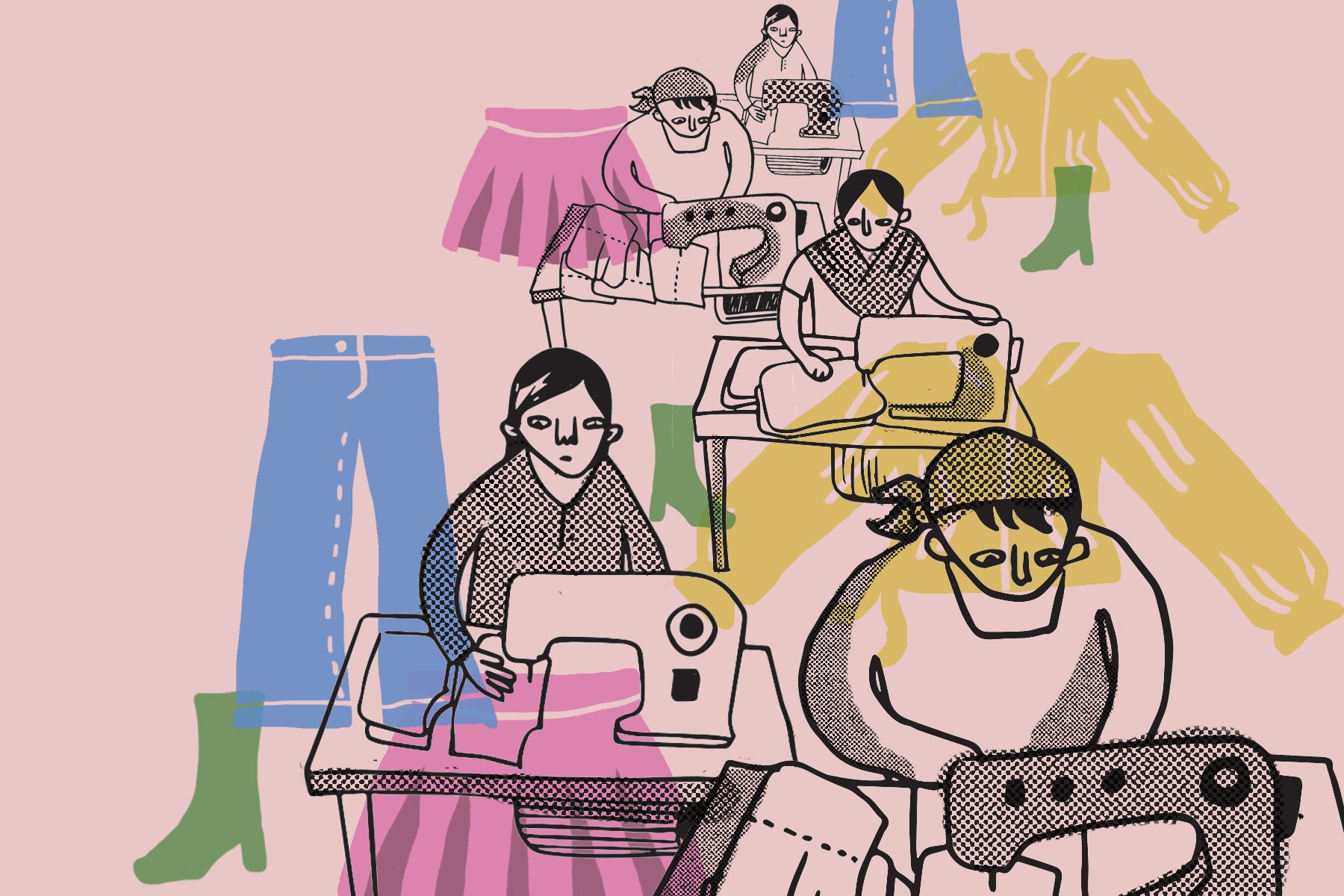In just a single week, Shein released two apologies for selling offensive items. On July 9, a necklace in the shape of a swastika was posted on their site. The necklace was listed as “Metal Pendant Necklace” and was being sold for $2.50. Within hours, screenshots of the item were uploaded to social media, with many getting thousands of retweets and shares.
The next day, Shein posted an apology to their social media pages that read, “To our dear community, we made a gigantic mistake by selling a product that’s hurtful and offensive to many of you, and we’re so, so sorry.”
The post went on to explain that the necklace was based on a Buddhist swastika design, which is “different” from a Nazi swastika, but that the brand was nonetheless sorry for the incident. The necklace has since been taken down.
https://www.instagram.com/p/CCdeneDnT0f/
However, the apology came on the heels of another apology made only five days prior.
The previous apology was prompted by outrage toward Shein for selling Islamic prayer rugs as decorative mats. Prayer rugs are used by Muslims to complete their five daily prayers. They are not used for decorative purposes and must be kept clean and pure since they serve as a prayer space.
Printed on some of the mats were images of the Ka’bah, the holiest site in Islam. To many Muslims, the use of Islamic designs for decorative purposes was an appropriation of sacred and religious symbols.
In response to the dual incidents, Diet Prada, an Instagram account dedicated to pushing change in the fashion industry, wrote in a post, “As if @sheinofficial didn’t have enough damage control to do from last weekend’s Islamic prayer mat snafu, add to that this gold-tone swastika necklace that was, until very recently, for sale on their website.”
https://www.instagram.com/p/CCb–vIn0S4/?utm_source=ig_web_copy_link
The two scandals have had netizens in outrage, urging others to boycott the brand. However, the two instances are not the only examples of the company’s harmful behavior. Shein has historically used unethical practices, such as child labor and sweatshops.
Shein is one of the fastest growing online fast fashion retailers. Its parent company, Shenzhen Globalegrow E-Commerce Co. Ltd., is headquartered in China and home to many fast fashion e-commerce brands. Among them are Zaful, Romwe, Choies and Modlily. According to a recent press release, Shein issues about 500 new items a day, all at extremely low prices. And if it seems too good to be true, that’s because it is.
Fast fashion creates cheap, mass-produced clothing articles that are modeled on celebrity or high-end fashion trends. The clothes are not made to be long-lasting and can usually only be worn a few times before deteriorating. The industry is incredibly harmful to the environment, with fashion being the second most polluting industry in the world.
Aside from the pollution caused by the means of production, the nature of fast fashion clothes, which are meant to be thrown away after only a season of wearing them, creates a lot of unnecessary waste.
These consequences are in addition to the direct and immediate impact fast fashion brands have on human lives. Fast fashion is often made in sweatshops that use unsafe working conditions and child labor. UNICEF estimates that 168 million children between the ages of 5 and 17 are engaged in child labor.
According to a report released by The Guardian, “Child labor is a particular issue for fashion because much of the supply chain requires low-skilled labor and some tasks are even better suited to children than adults. In cotton picking, employers prefer to hire children for their small fingers, which do not damage the crop.”
Due to a severe lack of transparency, very little is known about the full extent of Shein’s production chain. On the “Social Responsibility” page of their website, they address the topic of child labor: “We strictly abide by child labor laws in each of the countries that we operate in. Neither we nor any of our partners are allowed to hire underage children. Any partners or vendors found to have violated these laws are terminated immediately and reported to the authorities.”
The statement disregards the fact that child labor laws vary significantly from country to country. In Bangladesh, for example, where many fast fashion factories are located, their amended child labor laws allow children as young as 14 to work. Despite that, 17.5% of male Bangladeshi children aged 7 to 14 work. According to a report published by UNICEF in June, it is predicted that COVID-19 will push more children into joining the workforce due to economic strains on their households.
Additionally, unless change happens swiftly, these practices will only get worse as more and more e-commerce brands pop up. But the question of how to bring about change remains.
One commonly suggested method of collective action is boycotting fast fashion brands. The biggest challenge with this, however, is that boycotts only work when a substantial amount of people have joined in.
In an interview with Vox.com, Adheer Bahulkar from Kearney, a global strategy and management consulting firm, said, “While more than two-thirds of consumers say that they want better living conditions for the workers, less than half of the same consumers are actually willing to pay more for their purchases.”
If people are unwilling to sacrifice the cheapness of fast fashion, a boycott will never garner the necessary support to create change.
Boycotts also pose another challenge: When fighting against poor working conditions, the most vulnerable people in the situation are the ones most severely affected. A successful boycott will cut fast fashion brands off from a sizable amount of profit, leading to layoffs and leaving their factory workers — mainly women and children — with no source of income.
Despite this, if there is no external pressure, the same populations will continue to face exploitation at the hands of conglomerates. But if Shein’s recent slip-ups taught anyone anything, it’s that collective outrage can make a change.

















